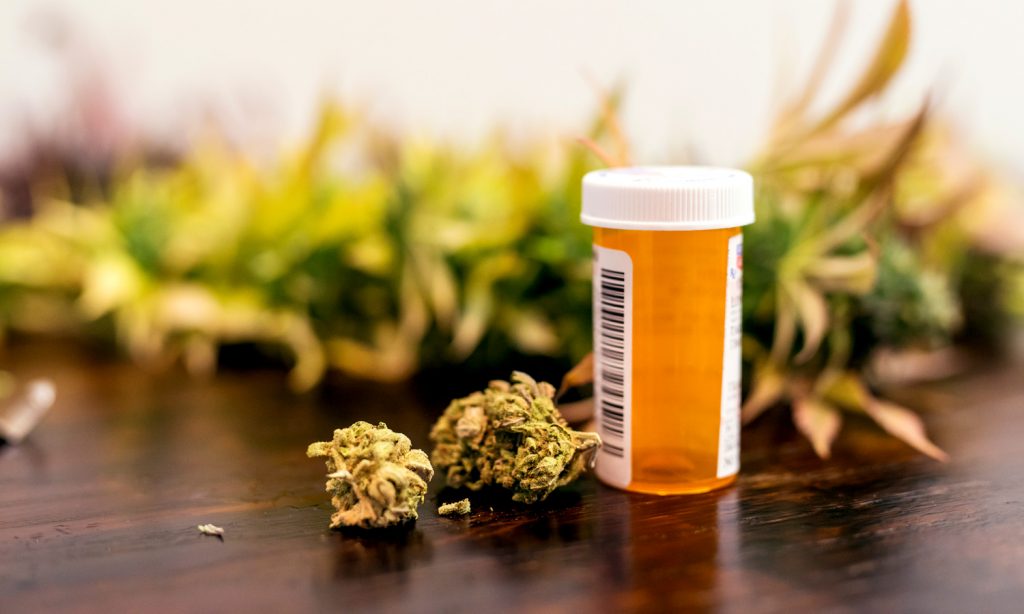
The devastation the opioid crisis has wrought upon communities throughout the country, especially throughout the pandemic, is immense. Deaths from opioid overdoses amassed the threshold of 93,000 in 2020, and relief is nowhere in sight.
That’s why now, more than ever, governing bodies and the medical community benefit from pulling out all the stops to get a handle on the situation.
Part of leaving no stone unturned in the fight against opioid addiction is studying the effects marijuana can have on people currently dealing with an addiction to opioids. Fortunately, recent moves made from the Biden Administration have made researching marijuana easier than it ever has since current research on the impact of marijuana on opioid addiction recovery is limited.

Here are a few things research has already concluded about marijuana and opioid addiction.
Marijuana Helps Ease The Symptoms of Withdrawal
The journey of opioid recovery is intimidating to lots of people currently in the throes of opioid addiction because of how daunting withdrawal can be. The long process of overcoming an addiction to opioids can consist of a variety of undesirable side effects, including anxiety, nausea, chronic pain, insomnia and chronic pain. Fortunately for people undergoing the process of opioid withdrawal, marijuana has shown evidence of being an adequate resource in helping patients to overcome withdrawal symptoms.
Even though research on the relationship between marijuana and opioid withdrawal syndrome is still in the early phases, the results right now are encouraging.
Marijuana Could Reduce or Eliminate Cravings for Opioids
Having a thirst or craving of any kind can become a serious burden. That’s especially the case for addictive substances like alcohol, nicotine and caffeine. When that constant hankering is for opioids instead of something like coffee, it’s crucial to have a resource that helps eliminate that craving.
That’s exactly where marijuana can become a resource for people currently in the process of opioid withdrawal. According to a recent study, researchers found that subjects who used cannabis daily were less likely than those who used cannabis only on occasion. Additionally, a New Mexico doctor studied the effects that marijuana had on her patients and came to the conclusion that it actually helped 25% of her patients overcome opioids.
RELATED: Cannabis Could Help Curb Opioid Dependency, New Research Shows
The promise for marijuana as a resource to help people overcoming opioid addiction is clear, but more research is the key to understanding the full potential.

Marijuana Has the Potential to Offset the Negative Impact Opioids Have
Aside from how addictive opioids are is the fact that they can be overwhelmingly detrimental to health over a period of extended use. Some of the side effects that come with extended opioid use include problems fulfilling work or school obligations, giving up hobbies, and avoiding loved ones.
RELATED: New Study Links Psychedelic Use With 55% Decrease In Daily Opioid Use
Given the effects that marijuana has on patients who are in the process of overcoming their opioid addiction, such as reducing opioid cravings, it’s within the realm of possibility that it could be instrumental in helping patients regain their lives before opioids entered the picture.
The best way to determine whether or not marijuana can play a role in helping patients overcoming opioid addiction is by continuing to closely study the relationship between the two.




